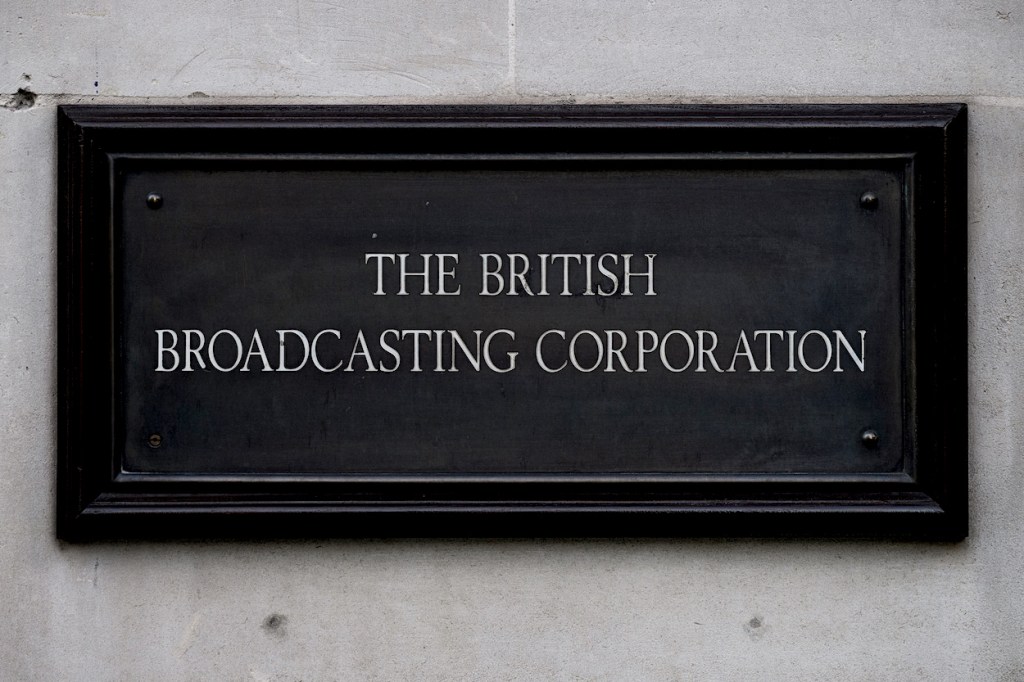At the start of this year Grenoble was described as ‘France’s Silicon Valley’ and listed as one of the most desirable cities to live in the country. It embodied Emmanuel Macron’s ‘start-up nation’, the dynamic vision he sold to the French when he was elected president in 2017.
Millennial techies and green engineers flocked to the city nestled in the French Alps. As one energy boss boasted: ‘It’s true that being close to the mountains and nature can be an asset when recruiting.’
There have been 19 shootings in Grenoble as rival cartels battle it out for control of the lucrative drugs market
Grenoble recently featured in another list: the ten most dangerous places to live in France, based on crime data from the General Directorate for Internal Security. It was ranked sixth, although it may soon be moving upwards after a summer of bloodshed.
On Sunday a municipal cleaner witnessed a road traffic accident and approached the two vehicles to offer his assistance. The driver of one vehicle produced a handgun and shot dead 49-year-old Lilian Dejean, a father of two originally from Guadeloupe. ‘He wanted to help people in difficulty,’ said his cousin, Fabrice. ‘He tried to fulfil his duty as a patriot, he’s a little hero.’
The man who fired the shots is still on the run, but police have identified a suspect as Abdoul D, an individual with convictions for theft, violence and drug trafficking.
The profile of the alleged killer is not a surprise. Drug trafficking is rife in Grenoble, and has been for decades because of its proximity to Marseille – the centre of the French drugs industry – and the Italian border.
This year the violence has escalated dramatically. There have been 19 shootings in Grenoble as rival cartels battle it out for control of the lucrative market, a war that is being replicated in towns and cities across France.
After the death of Lilian Dejean, his cousin told reporters: ‘It feels like Soweto [in South Africa] in France now. People are losing their lives in France. It’s crazy, it’s become a reality.’
I’ve been writing about the spiralling lawlessness in France for several years on Coffee House, and occasionally correspondents tell me I’m exaggerating. I demur. I simply report the facts about the violence, which many don’t want to hear or see for themselves.
That’s because they reside in the salubrious arrondissements of Paris, Grenoble, Lyon or Marseille. Very rarely does the mayhem intrude into their well-ordered and affluent lives. For this fortunate caste, life really is like Emily in Paris, the absurdly opulent Netflix show in which Brigitte Macron will soon make a guest appearance.
‘Paris is increasingly lawless – but the middle-classes don’t seem to care,’ was the headline of an article I wrote in March 2020. I listed the alarming rise in most types of crime under the Socialist mayor, Anne Hidalgo, from theft to assault to sexual harassment on the transport network. The latter crime is now so prevalent that this year the first ‘safe space’ was opened on the metro for frightened passengers. You won’t see that in Emily in Paris.
Bourgeois Parisians still appear indifferent to the lawlessness of their city. A great many of them voted in the recent parliamentary elections for Jean-Luc Melenchon’s left-wing coalition, which is either wary of the police or, on the extremes, downright hostile.
When a fortnight ago a Gendarme was fatally struck by a drunk driver with a string of convictions there was barely a word of condolence from the left for his distraught widow, who accused France of killing her husband with its laxity.
It is perhaps no surprise that of the ten towns or cities classified as the ‘most dangerous’ in France all but nine are run by the left. The exception is Aubervilliers, ranked ninth, which is in the hands of the centre-right.
The three most hazardous places – Lille, Saint Denis and Marseille – are controlled by the Socialist party, as is Paris (seventh), while Bordeaux, Lyon and Grenoble (fourth, fifth and sixth) have Green party mayors.
The mayor of Grenoble is Eric Piolle, a self-styled ‘radical’, who, in an interview in 2020 said his ambition was to ‘put spirituality back into politics’. Staunchly opposed to nuclear energy, he is in favour of regularising all of France’s estimated one million illegal immigrants as well as authorising the wearing of the Islamic burkini in the town’s swimming pools.
Faced with the wave of violence that has swept Grenoble in the last year or so Piolle has proved hopelessly out of his depth. When he was first elected in 2014, Piolle reversed a decision taken by his predecessor to arm the city’s police, and he also expressed his opposition to more CCTV cameras. ‘I don’t understand the Mayor’s plan,’ said one policeman. ‘I have the impression that the department has been abandoned. It’s as if he’s no longer interested in safety.’
The apparent indifference of some mayors to the safety of their citizens is ideological. The police are the bad guys, the ones who ‘shoot to kill’, in the words of Jean-Luc Melenchon.
The people who actually shoot to kill work for the drug cartels. More often than not their victims come from France’s ethnic minorities: like 10-year-old Fayed, killed in a crossfire in the city of Nimes in 2023, or Socayna, a student, fatally struck by a stray bullet in Marseille as she studied in her bedroom.
Of course, there are arrondissements in Marseille that are perfectly safe, as there are in Grenoble, Lille and Paris. These are the areas where the politicians and the privileged live.
In other parts of town, however, France feels increasingly like Soweto.








Comments